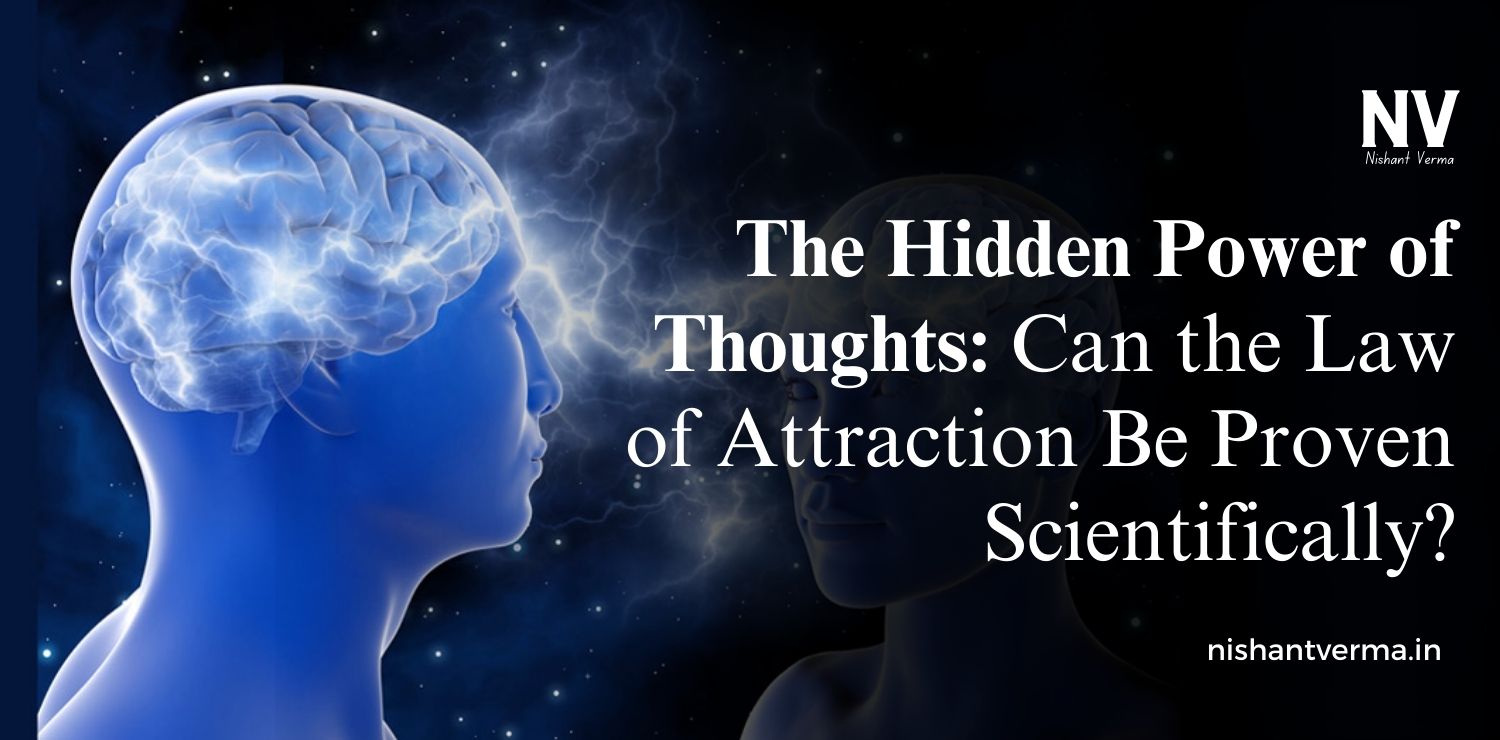India, known for its rich cultural and spiritual heritage, has contributed significantly to global health and well-being, especially through the practices of yoga and various aspects of Indian spirituality. These ancient traditions have transcended geographical boundaries and cultural differences to become an integral part of the global health movements in the 21st century. As more people around the world seek holistic approaches to physical and mental well-being, yoga and Indian spirituality offer invaluable tools for maintaining balance, reducing stress, and achieving a sense of inner peace. This article explores the profound influence of yoga and Indian spirituality in global health movements and how these practices have found a new, universal relevance today.
The Roots of Yoga and Indian Spirituality
Yoga, one of India’s greatest gifts to the world, is much more than a physical practice; it is a way of life rooted in ancient Indian philosophy. The word “yoga” comes from the Sanskrit root “yuj,” which means to unite or connect. At its core, yoga seeks to harmonize the body, mind, and spirit. Yoga’s origins can be traced back to over 5,000 years ago in the Vedic texts of India, where it was described as a discipline for achieving self-realization and spiritual enlightenment.
Indian spirituality, on the other hand, is deeply intertwined with the concepts of mindfulness, meditation, and the quest for inner peace. The teachings of prominent Indian spiritual leaders like the Buddha, Patanjali (the author of the Yoga Sutras), and more recently, figures like Swami Vivekananda and Sri Sri Ravi Shankar have spread these principles across the globe. Indian spirituality emphasizes the interconnectedness of all living beings, the importance of self-awareness, and the pursuit of harmony with the universe.
Today, the teachings of yoga and Indian spirituality have been embraced worldwide and are considered essential to holistic health and well-being. Their influence is evident in the growing interest in mind-body practices, meditation, and spiritual healing as people seek to improve their physical health, mental clarity, and emotional stability.

Yoga’s Journey to the West and Its Global Popularity
Yoga’s journey to the West began in the late 19th and early 20th centuries when spiritual leaders like Swami Vivekananda and Paramahansa Yogananda began sharing their wisdom in the United States and Europe. Their teachings, combined with the growing interest in Eastern philosophies, laid the foundation for yoga’s global spread.
However, yoga gained widespread popularity in the West in the 1960s and 1970s, when figures like Maharishi Mahesh Yogi and the Beatles began to promote it as a path to enlightenment and inner peace. In the decades that followed, yoga evolved into a mainstream practice embraced by people of all ages, backgrounds, and cultures. By the 21st century, yoga had transformed from a spiritual practice into a widely recognized form of physical exercise that focuses on strength, flexibility, and balance.
Today, millions of people worldwide practice yoga, both as a physical exercise and as a form of meditation and spiritual growth. In many countries, yoga studios, retreats, and workshops are common, with millions of practitioners joining classes for health, fitness, and spiritual development. The global popularity of yoga reflects a growing awareness of the importance of integrating mind, body, and spirit in the pursuit of optimal health.
The Role of Yoga in Stress Reduction and Mental Health
One of the most significant contributions of yoga and Indian spirituality to global health movements is their focus on mental health and stress reduction. In today’s fast-paced, high-pressure world, stress has become a leading cause of illness and disease, both physical and mental. Chronic stress is linked to a variety of health problems, including heart disease, high blood pressure, depression, and anxiety.
Yoga offers a powerful remedy for stress. The combination of physical postures (asanas), controlled breathing (pranayama), and meditation helps to calm the mind, release tension, and restore balance. These practices have been shown to lower levels of the stress hormone cortisol, promote relaxation, and improve overall emotional well-being. Through yoga, practitioners can develop mindfulness, become more aware of their thoughts and emotions, and cultivate a sense of inner peace.
The growing recognition of the mental health benefits of yoga has led to its incorporation into various therapeutic settings. Yoga is now widely used as a complementary therapy in the treatment of anxiety, depression, PTSD, and other mental health disorders. Numerous studies have shown that regular yoga practice can significantly reduce symptoms of depression and anxiety, offering a holistic approach to mental wellness.
In addition to stress reduction, yoga also encourages self-reflection, helping individuals become more aware of their inner thoughts and emotions. This mindfulness aspect is deeply rooted in Indian spiritual traditions and plays a significant role in healing and maintaining mental health.

Meditation and Mindfulness: The Spiritual Foundation of Health
Meditation, another integral part of Indian spirituality, is closely related to yoga and plays a key role in global health movements. Meditation involves focused attention and deep concentration, helping individuals achieve a state of mental clarity, emotional calm, and spiritual awareness. It is a practice that has been used for thousands of years in India, with roots in Hinduism, Buddhism, and Jainism.
The global health community has increasingly embraced meditation as a powerful tool for improving mental health and overall well-being. Mindfulness meditation, in particular, has gained immense popularity worldwide as a way to reduce stress, enhance focus, and promote emotional healing. The practice encourages individuals to be present at the moment, letting go of past regrets and future anxieties.
Indian spiritual traditions emphasize the importance of meditation for self-realization and spiritual awakening. Practices like Vipassana, a form of meditation taught by Buddhist monks, have attracted thousands of people globally who seek to improve their mental clarity, overcome negative emotions, and achieve a higher state of consciousness. Similarly, Transcendental Meditation (TM), introduced to the West by Maharishi Mahesh Yogi, has been practised by millions worldwide and has become known for its stress-relieving and mind-clarifying benefits.
The integration of meditation into mainstream wellness practices is a testament to its profound impact on health. Many people now turn to meditation as part of their daily routines, whether to improve their concentration, enhance their emotional health, or foster a greater sense of peace and happiness. Meditation’s universal appeal, rooted in Indian spiritual traditions, has made it a central component of modern global health movements.
The Impact of Indian Spirituality on Holistic Health Movements
In recent decades, the world has increasingly recognized the importance of a holistic approach to health—one that addresses not just physical ailments but also mental, emotional, and spiritual well-being. Indian spirituality, with its emphasis on balance, harmony, and interconnectedness, provides a profound foundation for this holistic perspective.
Yoga and meditation, along with Ayurvedic medicine (another Indian tradition), offer a comprehensive approach to health that integrates the mind, body, and spirit. Ayurveda, an ancient system of natural healing, focuses on maintaining the balance of the body’s energies (doshas) through diet, lifestyle, herbal remedies, and treatments like massage and detoxification. Ayurveda complements yoga and meditation by offering a complete framework for achieving wellness in all aspects of life.
In the West, holistic health practices have become increasingly popular, with many individuals seeking alternative treatments and lifestyles that address the root causes of illness rather than merely managing symptoms. Yoga, meditation, and Ayurveda have become central elements of this growing movement, offering individuals powerful tools to improve their overall health and well-being.

The Role of Indian Spirituality in Building Global Communities
Beyond individual health, yoga and Indian spirituality have also played a significant role in fostering global communities. Yoga has become a way for people from different cultures, backgrounds, and religions to come together, share experiences, and cultivate a sense of unity. The practice of yoga transcends borders, bringing people together in a shared journey toward health, peace, and self-discovery.
The global celebration of International Yoga Day, observed on June 21 every year, reflects the widespread appreciation of yoga and its impact on global health. The day was proposed by India’s Prime Minister, Narendra Modi, at the United Nations in 2014 and has since been recognized by countries around the world. International Yoga Day promotes the physical, mental, and spiritual benefits of yoga and serves as a reminder of the importance of well-being in our global society.
Conclusion: A Path Toward Global Health and Wellness
Yoga and Indian spirituality have had a profound impact on global health movements in recent decades. Through practices like yoga, meditation, and Ayurveda, millions of people worldwide have found effective ways to improve their physical health, mental clarity, and emotional well-being. As the world faces increasing health challenges, these ancient traditions offer timeless wisdom and holistic solutions to contemporary problems.
The influence of yoga and Indian spirituality in global health movements continues to grow, providing individuals with powerful tools for self-care, stress management, and personal growth. As more people embrace these practices, the world is moving closer to a more balanced, healthier, and interconnected future, where well-being is not just a physical condition but a holistic state of harmony between body, mind, and spirit.




